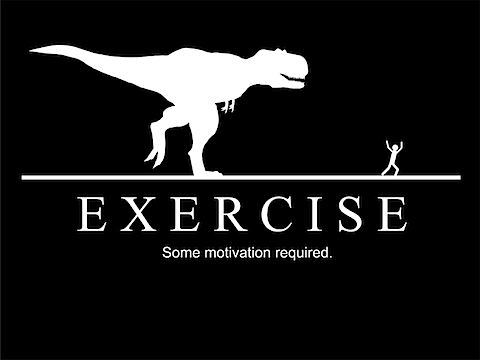I will be buying an iPad… but why?
Apple ended months (for some people years) of speculation today by finally announcing the upcoming release of a tablet computer, the iPad. Like pretty much everything Apple releases, there is an overwhelming amount of hype surrounding the device, and many “true believers” are disappointed by what the device offers.
Even so, I plan on buying one when it becomes available. I thought it would be appropriate to explain my rational on the theory that my friends and family may doubt my sanity more than usual as a result.





